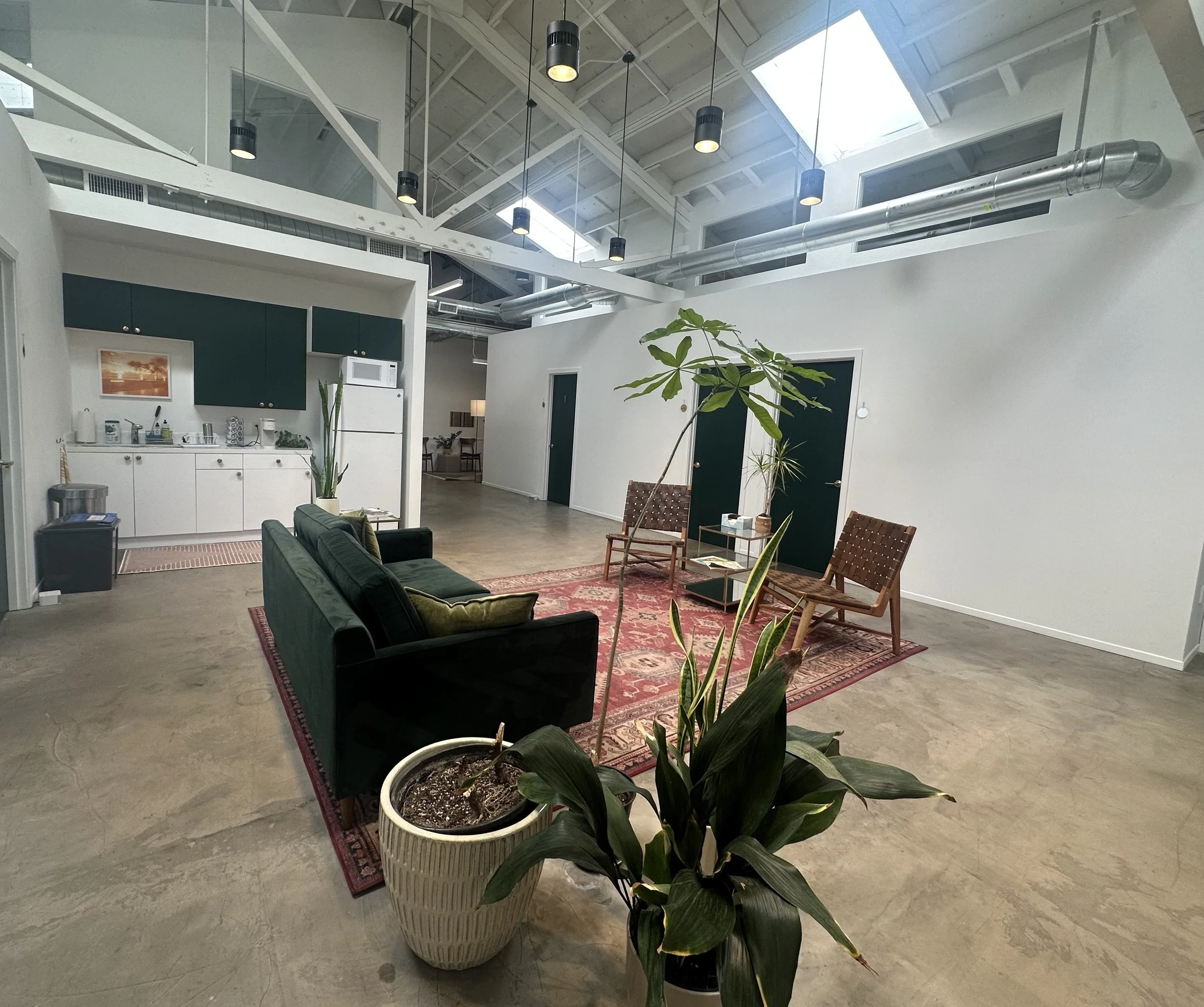
From incognito to cognito.
Trauma-informed therapy for creative adults and couples
Specializing in EMDR, Imago-informed couples therapy, and integrative somatic & parts-based work.
For people ready to understand their patterns, work with the nervous system, and create real change—in relationships and within themselves.Cognito: The Opposite of Incognito
To Go Cognito is to reclaim what’s been hidden.
It’s the process of bringing unconscious patterns into awareness.
When you Go Cognito, you stop concealing your true self to fit in—and start embracing authenticity to belong.
You learn to meet the present moment with more clarity, regulate your nervous system with compassion, and move through life with greater ease and self-trust.
Are you ready and willing to Go Cognito?

Until you make the unconscious conscious, it will direct your life and you will call it fate.
- C.G. Jung
You Don’t Have to Stay Stuck
If you’re here, you’re probably not looking for surface-level coping or conventional talk therapy.
You’re ready to understand the deeper currents—how early nervous-system learning, relational trauma, and long-standing habits of mind shape how you feel, how you relate, how you move through life’s inevitable changes, and what you believe is possible.
You’re ready to do real work. To see your blind spots. To practice change instead of wishing for it.
Our work is both contemplative and practical: learning to meet reality and uncertainty without collapsing, while building new neural pathways through somatic, relational, and creative experiments. Over time, your system learns to experience life in a different way.
If you’re a thoughtful, creative person who wants to go deep and is willing to experiment, we’ll work well together.

Ultimately, healing is a mountain you must climb with your own two feet—but not alone. Relational neuroscience teaches us that healing begins with co-regulation before self-regulation. The nervous system thrives in relationship, support, and attunement.
If you’re ready to take proactive steps toward a more fulfilling life, I’d be honored to support you.



